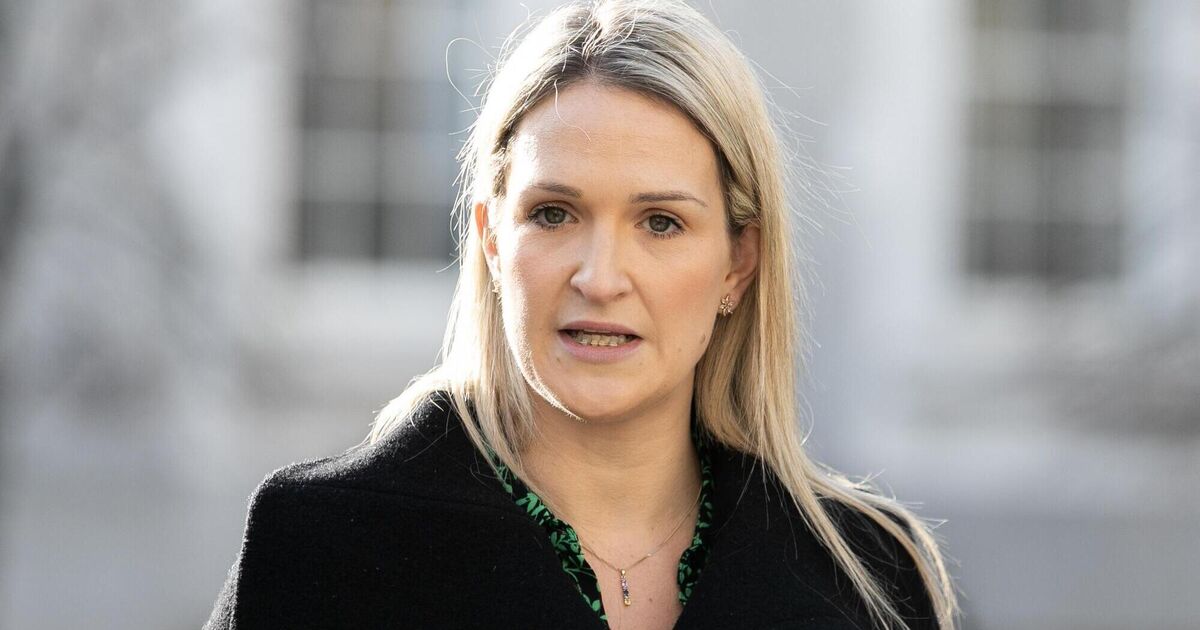If the Irish government agrees to join the EU’s new migration deal, Ireland could pay almost €13 million in exchange for taking in 648 asylum seekers each year.
Justice Minister Helen McEntee is expected to submit a memo to cabinet in the coming weeks recommending the government agree to the deal agreed in December.
The aim of the agreement is to improve the burden-sharing of asylum claims across the EU, as some member states currently host a disproportionate number of applicants for international protection.
Prime Minister Leo Varadkar said the government was “likely to choose” to pay financial contributions instead of taking in more migrants.
Government officials said that where there are serious problems with accommodation, it is more cost-effective to pay the contribution than to accept more asylum seekers.
The money will be paid to the EU to help relocate refugees to other countries.
Justice Department officials have drawn up what Ireland’s “fair share” would be based on current figures.
The mechanism would provide for a minimum number of 30,000 transfers at Union level, or a financial contribution of 600 million euros, to be contributed by member states on a “fair share” basis. This is based on a formula of 50% GDP and 50% population. Based on current figures, Ireland’s fair share would be 2.16%, which equates to 648 transfers or a financial contribution of €12.9 million each year.
Opting in would require significant legislative and operational reform of the Irish system to introduce more efficient procedures and shorten the timelines for international protection, admissibility and return determinations.
The main proposed changes include accelerating the processing of applications, requiring each member state to process an applicant’s first instance, return decision and appeal against both parties within 12 weeks. Border formalities and expedited procedures help address the challenges of applicants entering the country with false or undocumented documents. and the strengthening of Eurodac, the large-scale IT system that stores the fingerprints of international protection applicants.
In a document prepared for government ministers and seen by the Irish Examiner, officials warned of the risks if Ireland did not join the deal. The paper said the reforms would have a significant impact on member states’ current protection procedures and could result in Ireland’s system becoming “a more attractive destination for individuals seeking protection”.
Formal adoption of the agreement is expected to take place ahead of European Parliament elections, possibly as early as April.
Meanwhile, more than 300 Gardai launched a major security operation in Dublin yesterday as anti-immigration and counter-protests took place in the city.
Gardaí, some on horseback, acted as a demarcation line between protesters on both sides. Eleven people were arrested for “primarily summary offenses under the Criminal Justice (Public Order) Act 1994”.
